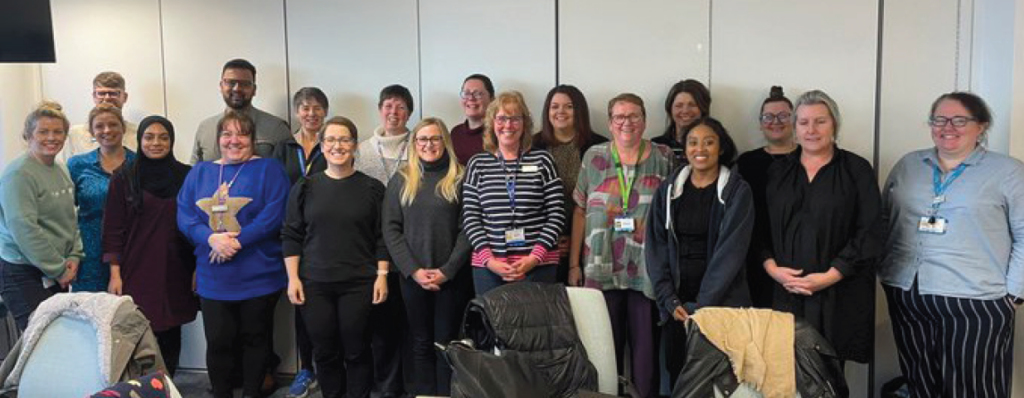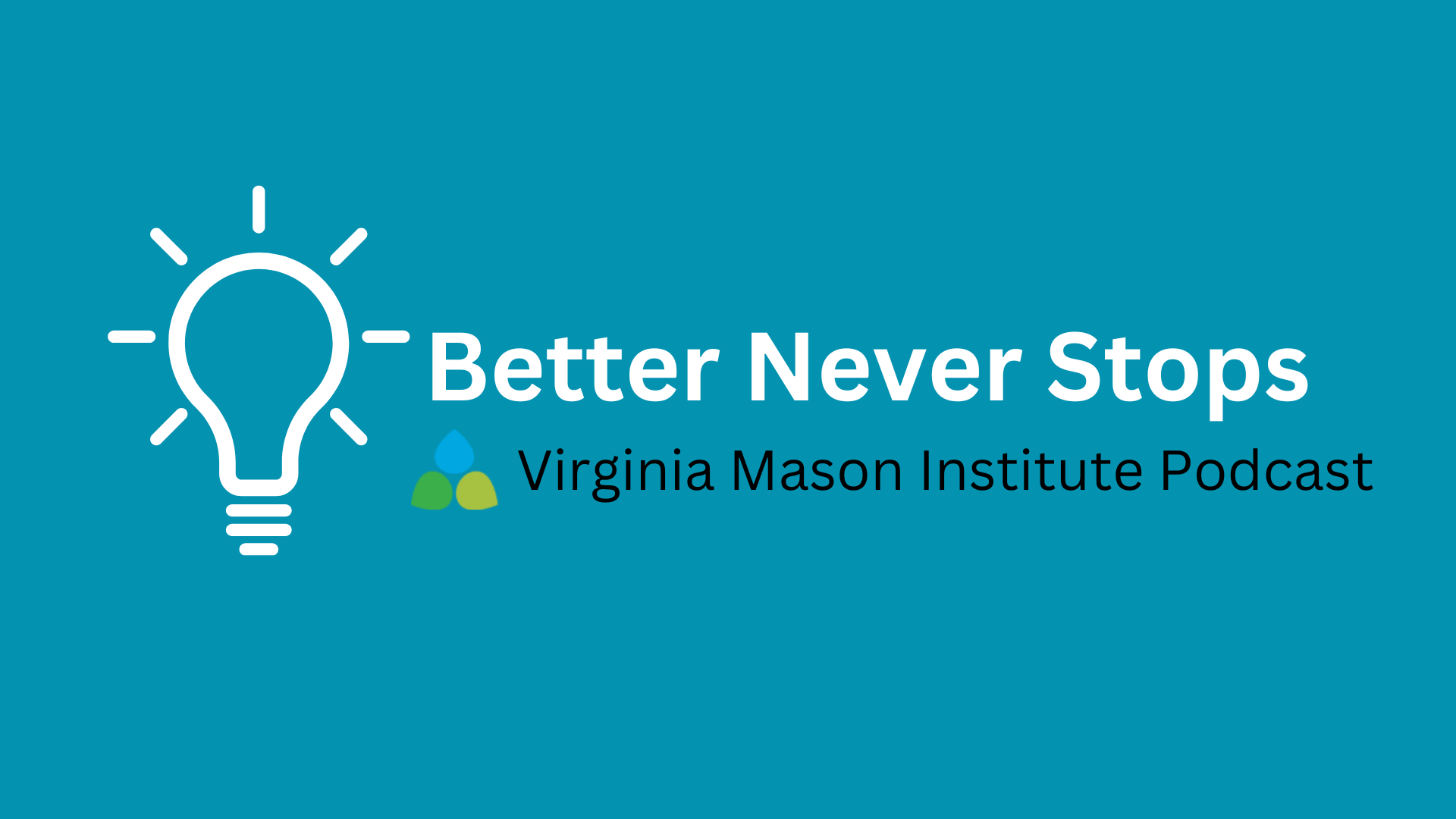Case Study | How Leeds Teaching Hospitals Workshopped Its Way to Financial Sustainability
At a Glance
Leeds Teaching Hospitals NHS Trust discovered a significant budget shortfall and had to act fast. The financial picture would only get worse unless they reduced spending.
The Trust mounted an unprecedented response in record time, rallying 800 staff to come up with solutions in a massive, coordinated improvement workshop.
The results were phenomenal — saving millions of pounds with a variety of updates to staffing and scheduling practices. And the Trust proved it was up to any challenge, no matter how large.
“Our people, our culture and our methods came through for us in the most impressive and inspiring ways. When you invest in those components completely, it pays off a thousandfold,”
— Professor Phil Wood, Chief Executive at the Trust.
The Context
Facing an £8M-per-month problem
Leeds Teaching Hospitals NHS Trust (Leeds) employs 22,000 staff across 5 locations in central England. Staff are united by a rich culture of collaboration and empowerment, known as the Leeds Way. They also utilize a single management system, called the Leeds Improvement Method, that mobilizes all staff in pursuit of daily excellence and improvement. Leeds developed and continues to evolve the system under the guidance of the Virginia Mason Institute, which has partnered with the Trust for years on building improvement capability and capacity based on the management system used at Virginia Mason Francsican Health, in the U.S.
In April 2024, executives at Leeds discovered that spending for the first month of their new fiscal year was £8M over budget. If that trend continued, the organization would end the year in dire straits, with risks to workforce, financial autonomy and its ambition for a new hospital.
Executives resolved to address it right away. Financial sustainability is entrenched among the Trust’s 7 commitments for the year, as well as its multi-year goals.
To find solutions quickly, they turned to the system that saw them through the COVID pandemic and helped them resolve countless challenges since then: the Leeds Improvement Method.
The Challenge
Adapting improvement tools for a new kind of workshop
The Trust had never used their improvement method to address a challenge like their budget shortfall. Improvement workshops were typically geared toward hyperlocal clinical or operational issues, such as avoiding falls in a single recovery ward. Now they were taking on a financial challenge, which spanned the entire organization.
But executives were committed. From the beginning, the Virginia Mason Institute had insisted that Leeds fully own their improvement method, rather than duplicating the model provided by the Institute. And the method is powered by a spirit of “give it a try,” so that’s exactly what they did.
In fact, the Trust’s improvement office kicked off a workshop less than 2 weeks after executives gave them the assignment. This lead time was 3 to 4 times shorter than they take to develop standard workshops — which are much smaller and less complex.
“It was a sprint, for sure. But we understood the urgency and the need to adapt our typical approach. We couldn’t afford to wait,” says Jimmy Parvin, Professional Lead for the Leeds Improvement Method.
The workshop itself lasted one week and focused on lowering variable pay — wages for outside staff who are brought in to fill short- and long-term scheduling gaps. Variable pay was a large component of the total overspend, touching all 19 clinical service units (CSUs) in the organization. The workshop gave each CSU the chance to lower spending on variable pay by finding new ways to avoid staffing gaps and clarifying which gaps need to be covered by outside personnel.
To manage a workshop of this size, Parvin and team made two key choices:
- They divided facilitation duties. Improvement officers and representatives from the corporate office formed 5 teams, each of which oversaw the work of 1-3 CSUs.
- They set up frequent touchpoints. Each CSU huddled internally every morning. The 5 improvement teams checked in with each other twice each afternoon, and they reported to executive sponsors at the end of each day. These touchpoints helped CSUs overcome snags and share ideas with each other.
The workshop was focused on finance, but the improvement leads made sure they kept patients in view at the same time. Each day, they reviewed safety incident reports to see whether staffing changes attempted during the workshop had an adverse effect on the delivery of care.
“In the end, financial sustainability is about patients too. We can’t deliver high-quality care if we run out of money,” says Mike Harvey, Director of Transformation at Leeds.
Key Improvements
Standardizing the approach to variable pay
More than 800 staff across the 19 CSUs contributed to the effort. They included people at all levels and across a full range of clinical and non-clinical roles.
Teams meticulously studied their current variable pay spending and the processes behind how they covered shifts. Then they experimented with new processes and staffing options that reduced the dependence on variable-pay workers — whilst ensuring patient safety and quality of care were not compromised.
They found substantial room for improvement, including:
- Balancing study leave. Many teams found it was common for members to take leave at the same time, creating large gaps that had to be filled with outside staff. New protocols require study leave to be spread out to avoid those gaps.
- Not rushing to cover one-off sick days. In some areas of the oncology CSU, staff had developed a habit of filling every missed shift with a variable-pay worker. Now they do this only for many or long-term absences. If one or two people are out sick, remaining staff can carry the load with no risk to safety or quality.
- Using on-call physicians to cover in-clinic absences. The Trauma and Related Services CSU used to cover physician absences with variable-pay staff. Managers instituted a new protocol that instead fills these absences with the second on-call physician for that shift. Variable pay is then used to cover the vacant on-call position, which costs less than covering a shift in clinic.

Overall, the week-long effort revealed that variable pay had been overused out of habit rather than because of formal practices. The hospital system is so large, and patient needs are so demanding, limiting this expenditure simply wasn’t a priority — until it had to be.
“We set up rules and parameters where decisions were previously ad hoc. It’s nothing too creative, but the difference is night and day,” says Keeley Townend, General Manager of the Oncology CSU.
The Results
Improving the bottom line — and gearing up for other challenges
Assembled in under 2 weeks, with 40 times as many people as the standard improvement event, this one was far from easy.
But the people of Leeds Teaching Hospitals Trust met the challenge and then some.
- The Trust is projected to save £16M on variable pay over this fiscal year, thanks to improvements
generated during the workshop. “Identifying such significant savings in such a short time is a fantastic achievement. We’re proud of everyone involved, as this was difficult work,” says Parvin, the improvement method lead. - No adverse quality or safety issues arose from staffing and other changes implemented during and
following the event. - Leeds is developing a standard approach to large-scale workshops based on this experience. Future challenges might include length of stay and outpatient productivity — but they will have to be chosen carefully, because of the resources involved in producing this kind of workshop. The team is building in longer lead times, so that participants can better prepare. But they are preserving many elements from this initial workshop, such as the daily touchpoints among CSUs.
Leeds had never done something like this before, but their willingness to “give it a try” paid off immensely.
Mike Harvey, the Director of Transformation, says the experience reminded him of how the Trust responded to COVID:
“Everyone coming together, meeting the urgency of the moment with bravery and open-mindedness … It’s good to remember that we have that in us.”

Why Partner with Virginia Mason Institute?
- Experience — The Institute has spent over 14 years helping NHS organizations large and small transform the way they work, based on the management system at Virginia Mason Francsiscan Health and our ongoing learning from working across 26 countries with independent validation.
- Practicality — We work alongside your teams to help build their internal capability, apply improvement tools, and deliver real-world change, in a psychologically safe environment that promotes learning and is free of blame
- Customization — We tailor our training and coaching to each organization and encourage leaders to take what they learn and make it their own — just as Dr. Parkes and Maria Wilde have done
Why train with Virginia Mason Institute?
- Immediate results — Our training programs focus on creating immediate results while supporting broader changes that systematize and sustain learning and improvement.
- Personalized coaching — 1-on-1 virtual coaching and feedback helps students apply new tools in real time.
- Intimate cohorts emphasize peer-to-peer learning — Small cohorts in a virtual setting spark group interaction and expand networking opportunities.




